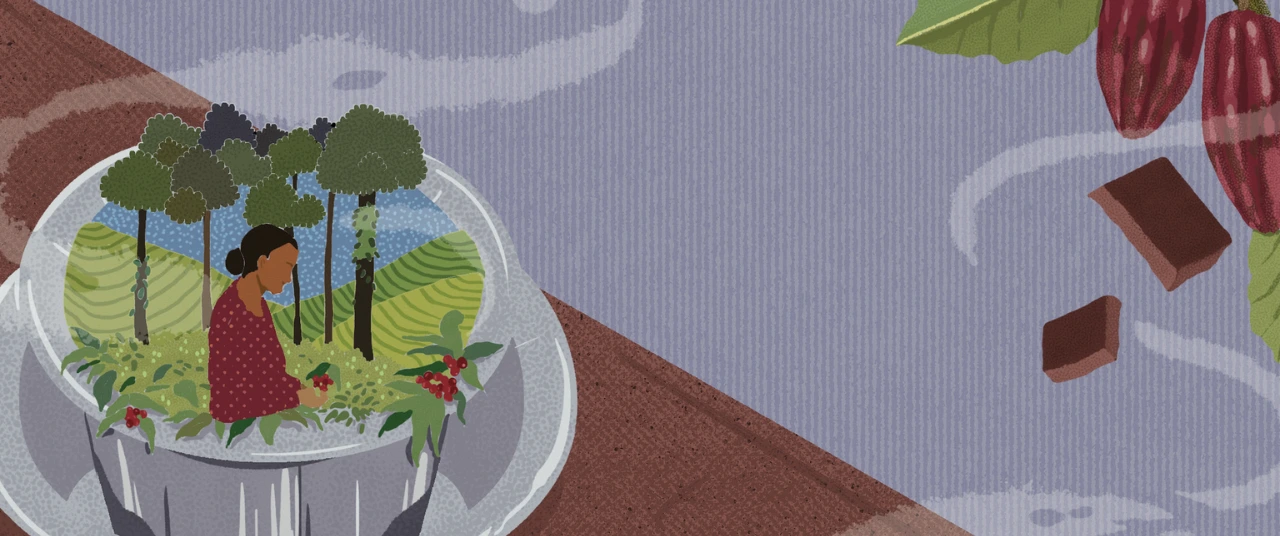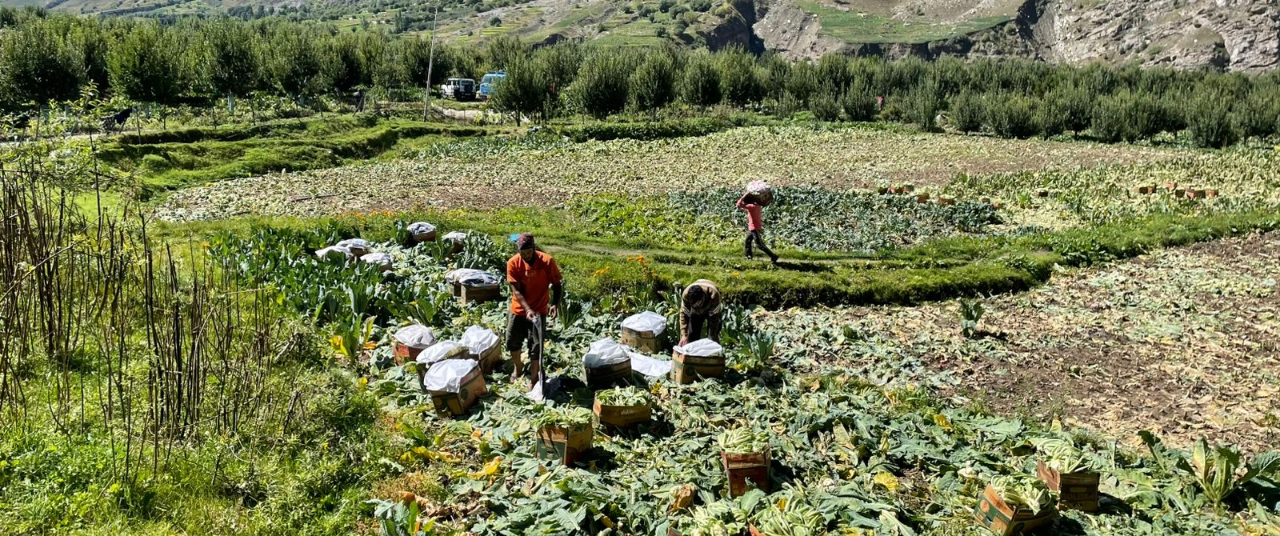Masanobu Fukuoka believed humanity's essence is rooted in plant life.






Farming has been a key part of human life for thousands of years, but things are changing. The number of farmers worldwide has dropped from 1 billion in 2000 to 866 million in 2021 - a 13.4% decrease.

Some economists even argue that a world without agriculture could be feasible if developing countries adopt the model set by developed countries, where the share of employment in agriculture is minimal. Land consolidation and technological advances could maintain or even increase production with fewer farmers, freeing smallholders to pursue more lucrative urban careers.
However, this radical idea has some problems. Modern farming methods, including those from the Green Revolution, contribute a lot to global warming. Also, as the world's population grows (expected to reach 9.8 billion by 2050), we'll need more food and more land to grow it on. Some estimates suggest we'll need an additional landmass twice the size of India to feed the growing population.
The great and characteristic problem of industrial agriculture is that it does not distinguish one place from another.
The Midwest of the United States shows what large-scale industrial farming looks like. You see huge fields growing just one type of crop, usually corn or soybeans. This approach has removed much of the natural variety of plants and animals that used to exist in these areas. Wendell Berry, a writer and environmental activist, says this makes all the fields look the same. He also points out that modern tractors separate farmers from direct contact with nature.
.avif)
Then there is genetically modified (GM) food. Unlike traditional farming methods that rely on natural crossbreeding and selection, GM technology allows scientists to introduce new traits into organisms faster and more precisely. This could lead to crops that are resistant to pests, more nutritious, or grow faster. Some people believe GM foods can help increase food production and reduce the need for harmful chemicals, but others are concerned about the effects on our health and the environment.
<spanclass = 'display-text pretty text-color-dark-green'>As farming becomes more focused on technology and large farms, it's losing its sense of community. In the past, farming was not just a job but a way of life that connected people to their neighbours and the land.</span>
Impact
Farming has been central to human existence since the agricultural revolution about 10,000 years ago. Peter C. Timmer, Professor emeritus of Development studies at Harvard, highlighted the role agriculture has played in lifting populations out of poverty: Historically, almost all poverty alleviation schemes are intractably linked to a “successful structural transformation” in agriculture, which leads to higher productivity rates and increasing wages which then expunge ‘absolute poverty’. Timmer said agriculture has set the economic gears in motion.
However, as economies grow, they usually become less dependent on agriculture. Based on the assumption that food spending remains relatively constant even with an increase in income, a low-income family would spend the majority of their income (e.g., 70%) on food, and as their income increases, this percentage would decrease. Consider India, where agriculture's contribution to GDP hovers around 17.59%—far above the global average of 4.32% (as of 2022). Yet 65% of Indians still depend on agriculture for their livelihood. This mismatch between economic output and employment exposes deeper structural fault lines.
Globally, the three biggest agricultural producers are India, China, and the USA. China and the USA have mostly switched to machine-based farming, showing the trend towards industrialisation.
Risks
Masanobu Fukuoka, the influential Japanese farmer and philosopher, believed humanity's essence is rooted in plant life. He argued that nature tends towards balance and harmony, ensuring equilibrium among all living things. Any disruption to this balance, he warned, could lead to ecological crises and human alienation.
.avif)
Fukuoka's "do-nothing" philosophy of farming advocates for minimal intervention in natural processes. The approach stands in stark contrast to the intensive methods of industrial agriculture, raising important questions about sustainability and our relationship with nature. The potential consequences of a world with fewer farmers are far-reaching:
Spiritual and psychological impact: Through a Fukuokan lens, severing our connection to nature through farming could lead to spiritual alienation. This isn't just a philosophical speculation. Harvard Health Publishing reports that spending time in nature significantly reduces cortisol levels, a key stress hormone. Another study found an almost proportional decrease in stress levels as people visited areas with increasing greenery.
Environmental effects: If farms become too large, it might make sustainable farming practices nearly impossible. If we focus only on producing as much food as possible, we could destroy much of the natural variety of plants and animals in favour of crops that make money. This would break a 10,000-year-old connection between humans and nature, likely causing many unexpected problems. Experts agree that we need a new, more sustainable approach to farming that considers more than just production.
Economic impact on developing countries: In poorer countries, improving agriculture is often necessary before the wider economy can grow. The idea of combining small farms into larger ones, which might work in richer countries, is much harder to do in poorer nations where there are many small farmers with tiny plots of land. Ironically, to move away from agriculture, these countries first need to make their farming more effective.
.avif)
Farming 2.0
With the world's population growing and the need for food increasing, encouraging small farmers could be the way forward - making farming a viable career while connecting it to the wider market. It could also address the ageing farmer population, potentially attracting younger generations to the profession. However, any efforts to encourage farming must also consider environmental concerns.
Simply moving people away from farming by promoting urban or industrial jobs can cause problems. A sudden increase in people looking for work in cities could lead to lower wages and overcrowded urban areas, which could slow down economic growth.
Instead of abandoning small farmers, we should find ways to help them use modern technology and sustainable practices such as precision farming techniques for small plots, methods that increase biodiversity, and better access to markets through digital platforms.
Our relationship with the land isn't just about producing food. It's about maintaining our connection to nature, preserving the variety of plant and animal life, and ensuring the health of our planet for future generations. The future of farming isn't about getting rid of it, but about changing it for the better. By supporting small farmers and giving them the tools to succeed in a changing world, we can work towards a more sustainable planet.
Explore other topics
References
1. Alter, L. (2015, March 23). Farmland without farmers. The Atlantic. https://www.theatlantic.com/national/archive/2015/03/farmland-without-farmers/388282/
2. Food and Agriculture Organization of the United Nations. (2021). The state of food security and nutrition in the world 2021. Open Knowledge Repository. https://openknowledge.fao.org/server/api/core/bitstreams/0c372c04-8b29-4093-bba6-8674b1d237c7/content
3. Roudart, L., & Mazoyer, M. (2014). Historical crisis and modernization of agriculture: Can food sovereignty be achieved? HAL Open Science. https://hal.science/hal-00866413/document
4. Vidal, J. (2019, January 28). Can we ditch intensive farming and still feed the world? The Guardian. https://www.theguardian.com/news/2019/jan/28/can-we-ditch-intensive-farming-and-still-feed-the-world
5. World Health Organization. (n.d.). Food, genetically modified. https://www.who.int/news-room/questions-and-answers/item/food-genetically-modified
6. El-Chichakli, B., von Braun, J., Lang, C., Barben, D., & Philp, J. (2016). Five cornerstones of a global bioeconomy. Biofuels, Bioproducts and Biorefining, 10(2), 48-56. https://www.sciencedirect.com/science/article/abs/pii/S1574007202100119
7. Encyclopaedia Britannica. (n.d.). Agricultural economics. https://www.britannica.com/money/agricultural-economics
8. Statistics Times. (2023). Sector-wise GDP of India. https://statisticstimes.com/economy/country/india-gdp-sectorwise.php#google_vignette
9. Statista. (2023). Share of economic sectors in the global gross domestic product (GDP) from 2000 to 2022. https://www.statista.com/statistics/256563/share-of-economic-sectors-in-the-global-gross-domestic-product/#:~:text=This%20statistic%20shows%20the%20share,the%20global%20gross%20domestic%20product.
10. Press Information Bureau. (2023). Union Home Minister and Minister of Cooperation, Shri Amit Shah launches 'Bharat Bhushan Yojana'. https://pib.gov.in/PressReleseDetailm.aspx?PRID=1939473#:~:text=The%20Union%20Home%20Minister%20and,in%20agriculture%20and%20allied%20activities.
11. Johnson, R. (2015, October 6). The 4 countries that produce the most food. Investopedia. https://www.investopedia.com/articles/investing/100615/4-countries-produce-most-food.asp
12. Harvard Health Publishing. (2022). A 20-minute nature break relieves stress. https://www.health.harvard.edu/mind-and-mood/a-20-minute-nature-break-relieves-stress
13. Gladwell, V. F., Brown, D. K., Wood, C., Sandercock, G. R., & Barton, J. L. (2013). The great outdoors: How a green exercise environment can benefit all. Perspectives in Public Health, 133(1), 54-60. https://www.ncbi.nlm.nih.gov/pmc/articles/PMC5981243/
14. CGIAR Research Program on Climate Change, Agriculture and Food Security. (2019). Food security: Why it matters. CGSpace. https://cgspace.cgiar.org/items/a248e930-9cbf-4b83-997d-d588b1aec81e


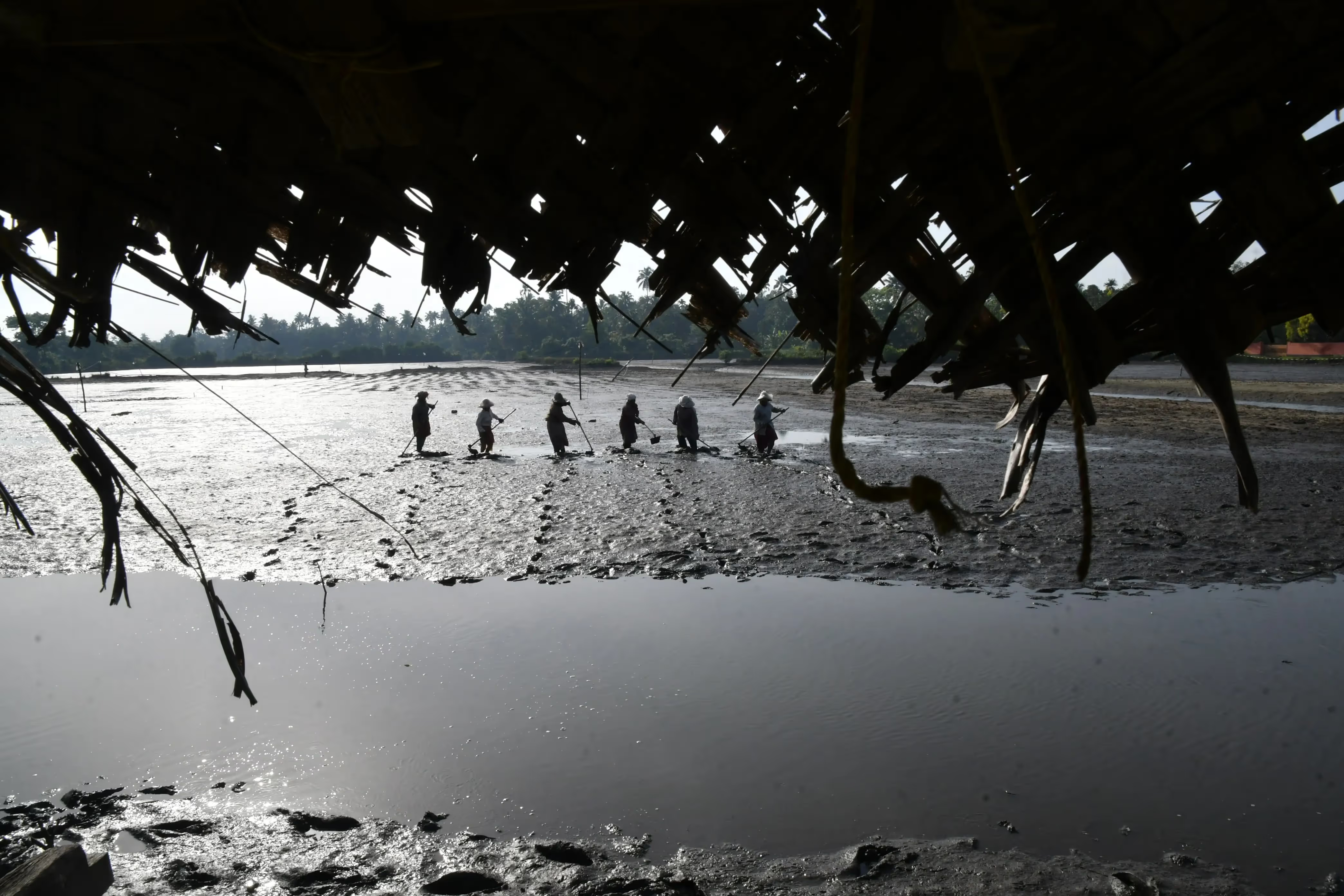
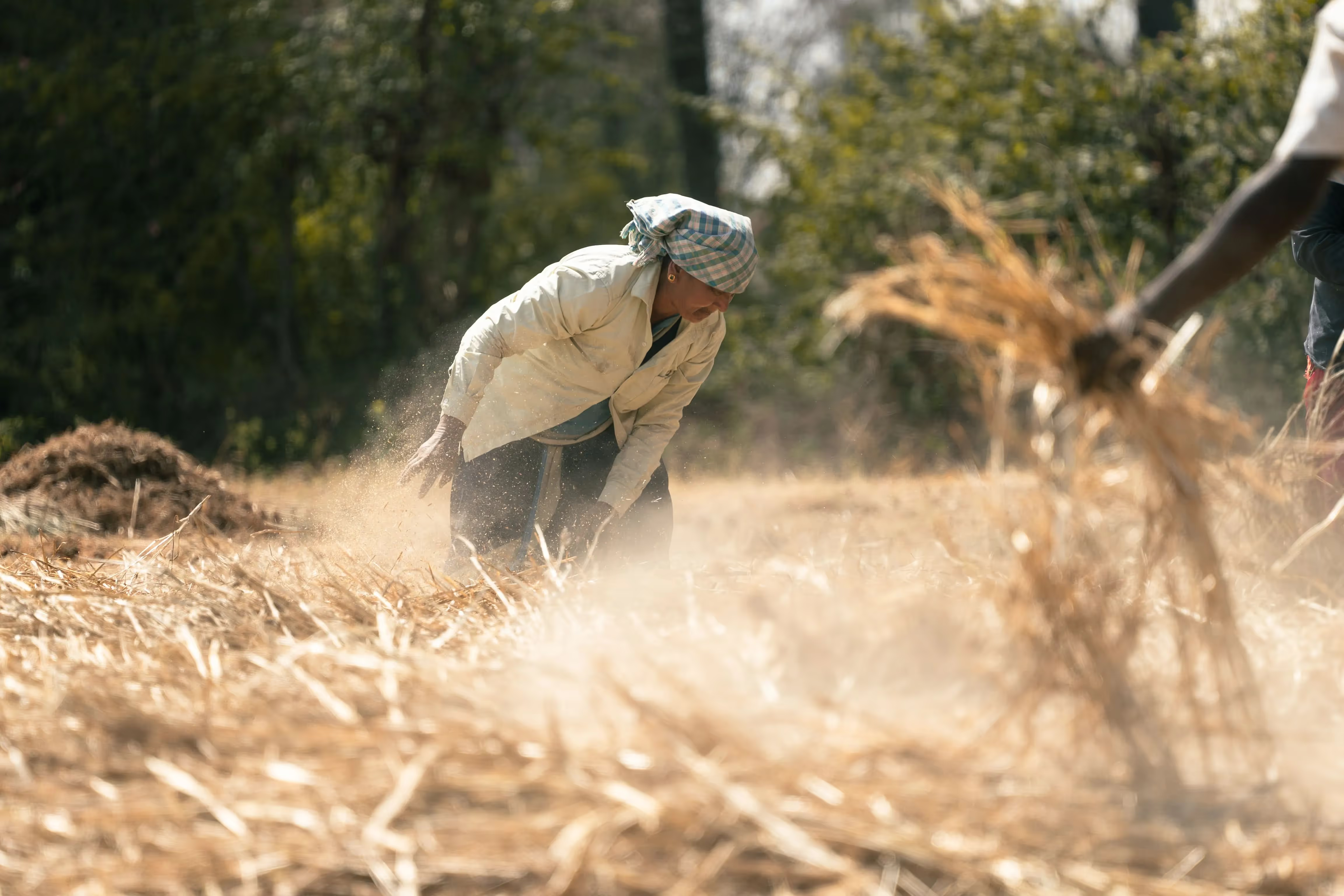





















.webp)
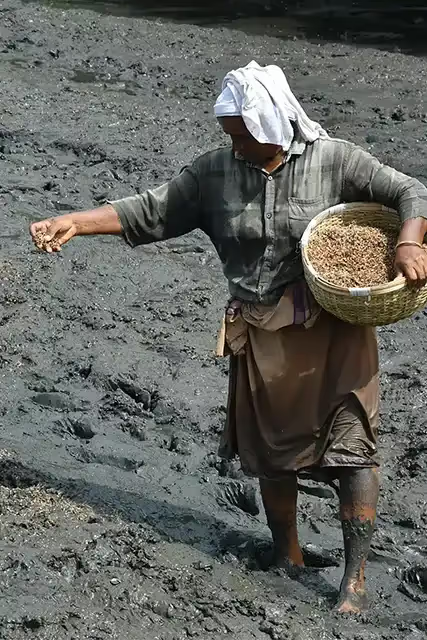




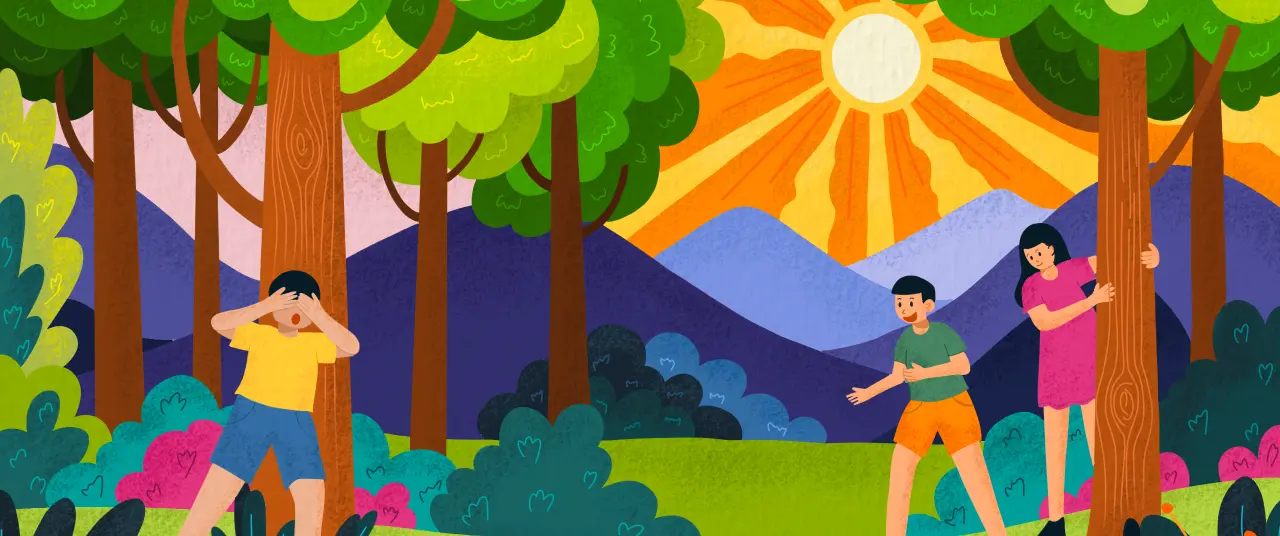
.png)
